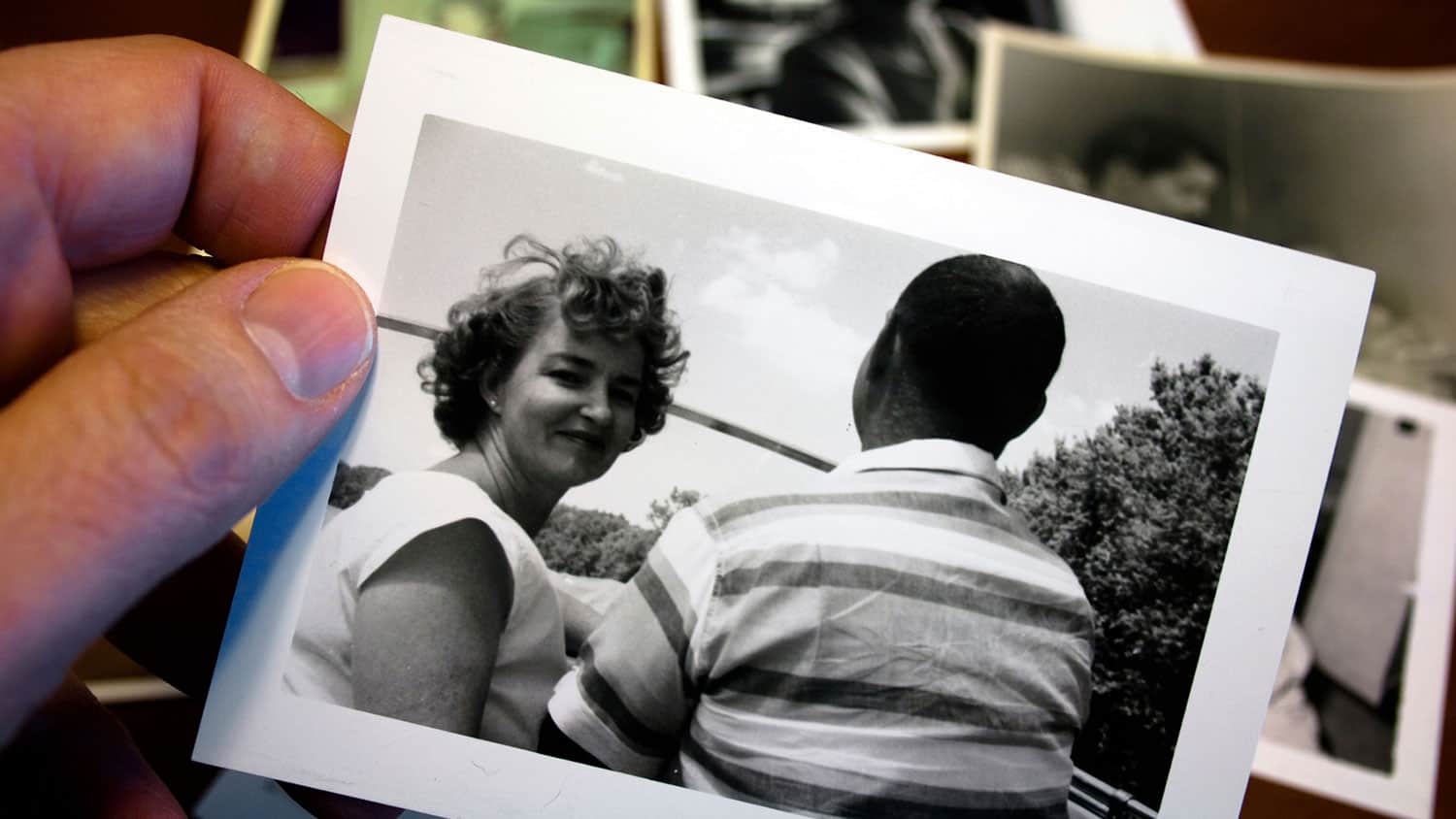
Are You Nostalgic or Depressed as You Retire from Work?
During times of transition, feelings of nostalgia are pronounced.
We yearn for what was.
Bonding with colleagues at work. Evenings at the pub with good friends. Precious, fleeting moments with children and family. It’s easy to indulge in a whirlpool of remembering when.
This is particularly true when navigating through the end of a career into our next act. Whether moving into a traditional or hybrid retirement – it’s a shock to the system. It changes the contours of our everyday existence, leaving us suddenly vulnerable.
A dive into an idealized past can be just the thing that provides a healing balm.
Nostalgia: A Double-Edged Sword
In a past article, Robert Yaniz, Jr. said, “Nostalgia inspires more connectivity with others, greater self-esteem and more empathy for those in need.”
But nostalgia exists in two forms: reflective and restorative. And of the two, only one type – reflective nostalgia – holds a benefit for us.
According to Hal McDonald, PhD., in Psychology Today, reflective nostalgia helps us “accept the fact that the past is the past.” We can’t change it.
Restorative nostalgia, on the other hand, is an obsessive indulgence. It takes flight when nostalgic thoughts stimulate a need to restore our experiences. Recreate the past.
But as the saying goes, you can’t put the toothpaste back into the tube.
The truth is, if we can’t disconnect from memories, we prevent ourselves from processing whatever current feelings of loss we feel since ‘moving on’.
How the Media Unwittingly Supports the Dark Side of Nostalgia
Media output can serve as an enabler to those with restorative nostalgia. It’s easy to fall victim to advertisers who manipulate us through the purposeful use of nostalgia.
Think of hot, velvety chocolate drizzled slowly over a Bing cherry. The tightly woven harmonies of the Backstreet Boys as they sing to the joys of skinny jeans. Or a team of regal Clydesdales bowing in humble respect at the sight of the Statue of Liberty.
Touching moments like these are calculated to drive us back to the past. To a familiar era.
But what if the reverse occurs?
What if the idea of feasting on chocolate-covered cherries becomes an opportunity to body-shame one’s self?
What might you feel like when age and body type make it unlikely you’ll ever wear a pair of skinny jeans again?
Or, if that elegant bow to Lady Liberty jars harsh memories of a September 11th morning when liberty itself was threatened.
Negative self-talk can harm self-esteem and lead to depression.
What to Do About Nostalgia Depression
Women.com writer Sophie Matthews shares her personal wisdom about nostalgia-related depression with these coping mechanisms:
Lean into the Memory
Remember your experiences fully. Don’t fixate on one negative feeling that can influence the recollection of an entire experience. At all times, try to remain in the present.
Compare Versions
Talk it out with a loved one who went through the experience with you. Someone who understands your life on a deep level. Your view of the incident might not be accurate. Another set of eyes and ears can provide a needed perspective.
Take the Lesson to Heart
Think of the experience as a privileged learning in the vein of what doesn’t kill you makes you stronger. Yes, you bruised your proverbial knee. But you’ve gained insight. It’s time to move on. Own the memory. Don’t let it own you.
Be on a Nostalgia Stakeout
It’s a good idea to confront the negative aspects of restorative nostalgia, head-on.
If a memory is occupying too large of a space in your psyche, you have options:
Fill Your Days
Be planful. Stay busy. Move toward positive objectives. Current success can improve negative impressions that we harbor toward ourselves.
Change Your Mindset
If a past issue can be rectified today, then work toward a resolution. Reclaim the high-ground.
Focus on What’s Good
Don’t obsess on the negative events of the past. Self-discipline can move you away from what’s causing the pain.
Seek Balance
Balance is your best friend. Take care of yourself. Eat well. Rest. Exercise. Try to disconnect from your problems.
While I believe Socrates was on the money when he said, “An unexamined life is not worth living,” I believe that an over-examined life can be just as damaging.
Let’s Have a Conversation:
How often do you catch yourself reminiscing about the past? Do you tend to recall good memories or bad ones? Why do you think that is? What are you nostalgic about when it comes to your career/work life? Please share in the comments below.
Tags Nostalgia







I spent several years wallowing deeply in nostalgia depression – and it’s still a huge challenge to work through those times when past memories convince me “those were definitively the days my friend.” It’s still a work in progress, but reading this article assures me I’m not alone in these thought patterns.
What does this article have to do with retirement? I was rather depressed when I had to retire (my age and my country’s retirement laws), but it had nothing to do with nostalgia. I loved my job, and nothing in retirement (2 years now) has filled that hole.